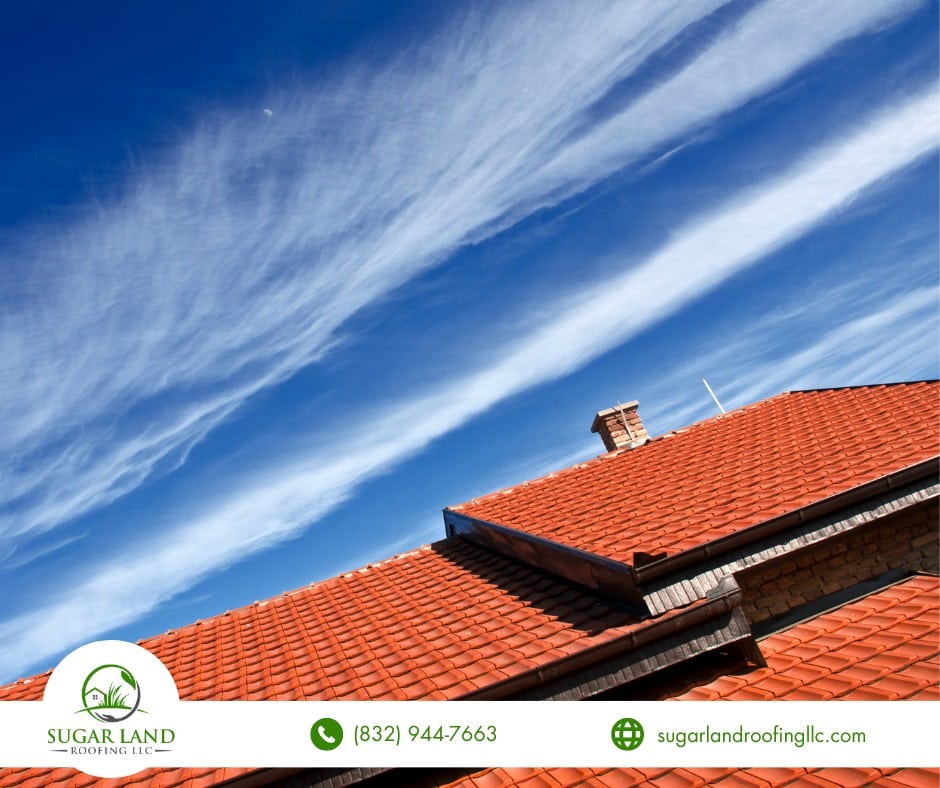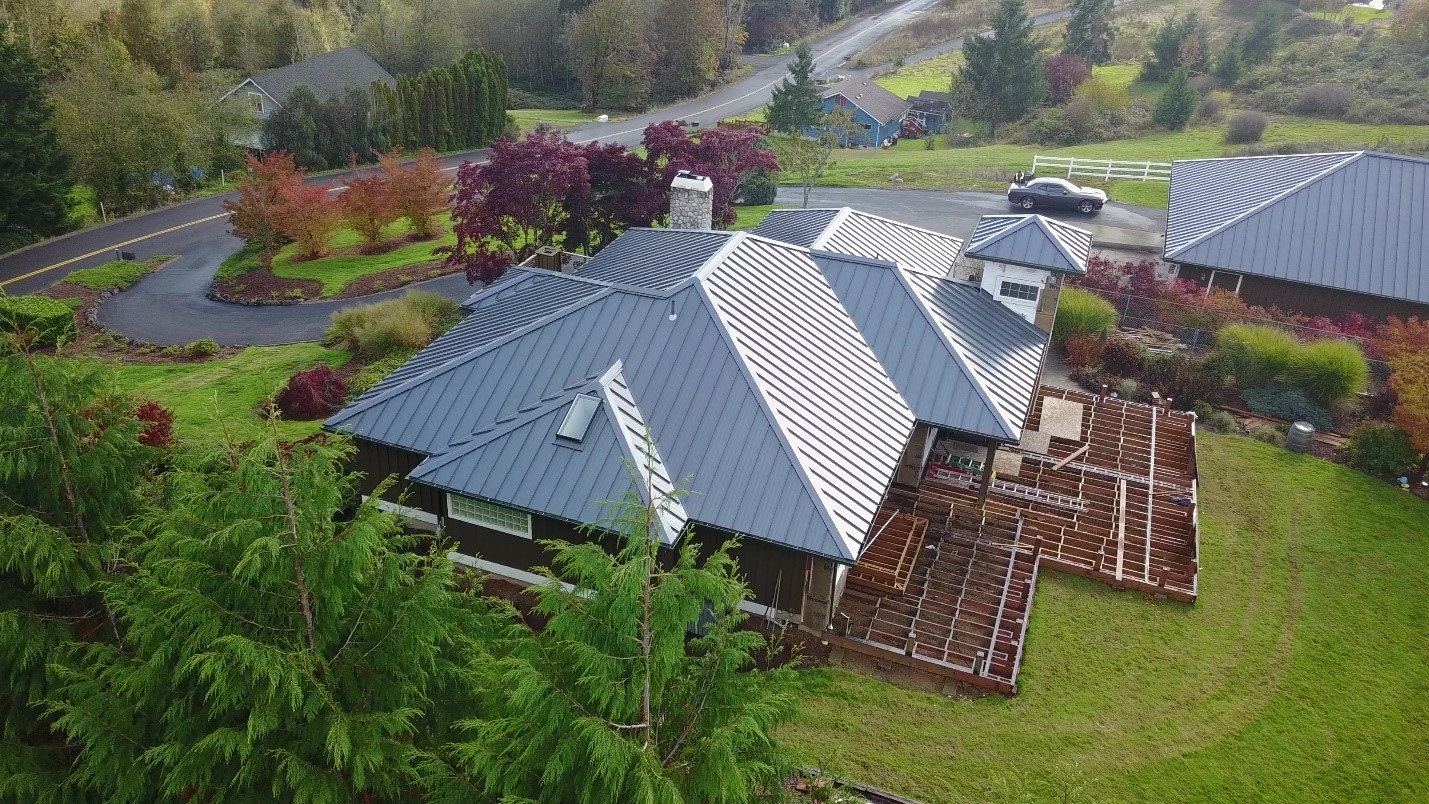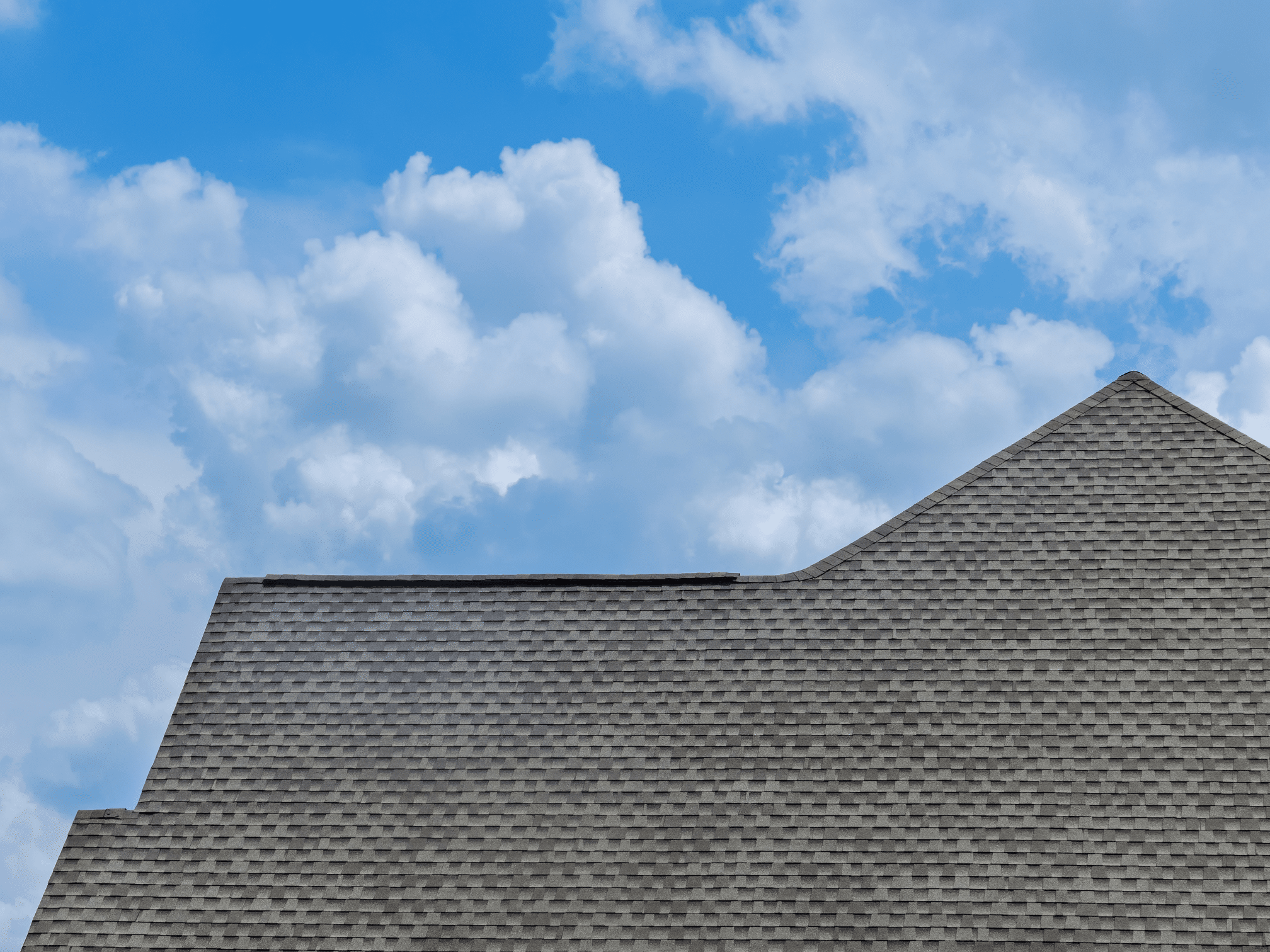The Impact of Your Roof’s Age on Insurance
Understanding the age of your roof is more important than you might think, especially when it comes to insurance. But why do insurance companies care so much about your roof’s age? In this blog, we’ll dive into the reasons behind these inquiries and how they affect your coverage. Whether you’re a homeowner or a business owner in Sugar Land, Texas, this information is crucial for protecting your investment.

The Importance of Knowing Your Roof’s Age
Insurance companies view your roof as one of the most critical parts of your home or business property. After all, your roof serves as the first line of defense against weather elements like rain, wind, and hail. But as your roof ages, its ability to protect your home diminishes. This degradation is why insurers ask, “How old is your roof?”
Key Reasons Why Insurance Companies Ask About Your Roof’s Age
- Risk Assessment:
- Older Roofs Pose Higher Risks: As roofs age, they become more susceptible to damage. Shingles may crack, metal may corrode, and tiles may loosen, all of which increase the likelihood of leaks and other issues. Insurance companies need to assess the risk of potential claims.
- Material Longevity: Different roofing materials have different lifespans. For instance, asphalt shingles typically last 20-30 years, while metal roofs can last up to 70 years. Knowing your roof’s age helps insurers estimate when significant wear and tear might begin.
- Determining Coverage and Premiums:
- Premium Adjustments: Older roofs often lead to higher insurance premiums. If your roof is nearing the end of its expected lifespan, the insurer might increase your premium to offset the potential for more frequent claims.
- Coverage Limitations: Some insurance policies may not cover roofs over a certain age. For example, roofs over 20 years old might only be eligible for actual cash value coverage, which accounts for depreciation, rather than replacement cost coverage.
- Claims Processing:
- Damage Verification: When you file a claim, the insurer will consider the age of your roof to determine if the damage is due to an insurable event (like a storm) or simply due to age-related wear and tear.
- Adjuster Coordination: Older roofs might require more detailed inspections by adjusters to assess the extent of damage and verify the cause, whether it’s from a recent event or long-term deterioration.

What Happens if You Don’t Know Your Roof’s Age?
Not knowing your roof’s age can complicate the insurance process. It can lead to:
- Delayed Claims: If you cannot provide accurate information, the claims process might be delayed as the insurer may need additional inspections.
- Limited Coverage Options: Without knowing the age, insurers may default to providing less coverage or might only offer actual cash value, which could leave you underinsured.
How to Determine Your Roof’s Age
If you don’t know your roof’s age, here are some ways to find out:
- Check Home Purchase Records: If you bought the home, the inspection report might include the roof’s age.
- Contact the Previous Owner: If possible, ask the previous homeowner about any roof replacements or major repairs.
- Hire a Roofing Contractor: A professional roofing contractor, like those at Sugar Land Roofing, can inspect your roof and give an estimate of its age based on wear and materials used.

The Role of Roof Inspections
Regular roof inspections are key to maintaining your roof’s health and ensuring it meets your insurance requirements. At Sugar Land Roofing, we offer comprehensive roof inspections that not only assess the current condition but also provide an estimate of your roof’s remaining lifespan.
Why Schedule Regular Inspections?
- Early Detection of Issues: Identifying minor problems before they escalate can save you from expensive repairs and potential claim rejections.
- Peace of Mind: Knowing your roof is in good condition or understanding what needs to be addressed ensures you’re not caught off guard by unexpected issues.
- Compliance with Insurance Requirements: Regular inspections ensure that your roof remains within the coverage limits of your insurance policy.
FAQs About Your Roof’s Age and Insurance
Q: How often should I replace my roof?
A: It depends on the material. Asphalt shingles generally last 20-30 years, while metal and tile roofs can last longer. Regular inspections can help determine when a replacement is necessary.
Q: Will my insurance cover roof repairs if it’s old?
A: Coverage depends on your policy and your roof’s age. Older roofs may have limited coverage, often calculated at actual cash value, meaning depreciation is considered in the payout.
Q: How can I lower my insurance premium related to my roof?
A: Regular maintenance and timely repairs can help. Additionally, upgrading to more durable materials, like metal roofing, might also lower premiums due to the reduced risk of damage.
Q: Can I get a discount for a new roof?
A: Many insurance companies offer discounts for new roofs or roofs made of materials that are more resistant to weather damage, such as metal or impact-resistant shingles.
Q: What should I do if my roof is nearing the end of its lifespan?
A: Consider replacing it before significant issues arise. This proactive approach can prevent costly damage and help maintain your insurance coverage.
Q: How can I prove my roof’s age to the insurance company?
A: Keep records of roof replacements and repairs. If unsure, have a professional roofing contractor provide an age estimate.

Conclusion
Understanding your roof’s age and its impact on your insurance coverage is crucial. It’s not just about having a roof over your head—it’s about ensuring that roof is protected and that your insurance policy provides the coverage you need. Regular maintenance, timely repairs, and accurate information about your roof’s age can make all the difference. At Sugar Land Roofing, we’re here to help you keep your roof in top condition, giving you peace of mind and ensuring your home remains protected.

 (832) 944-7663
(832) 944-7663